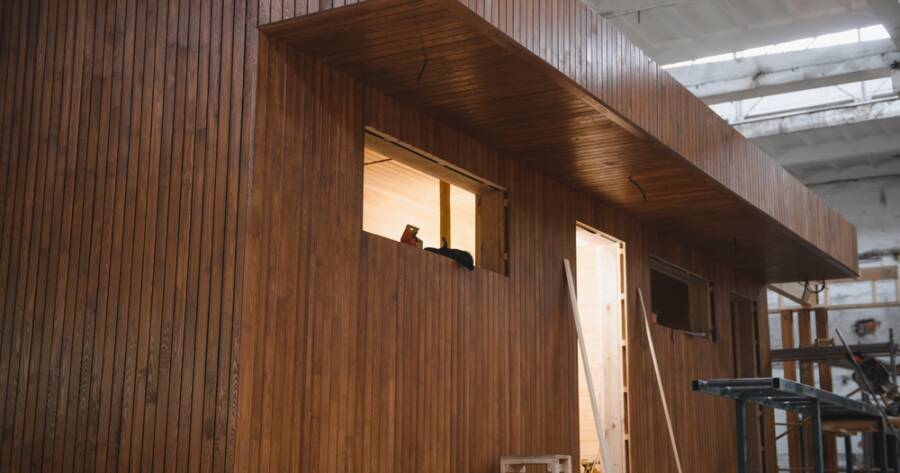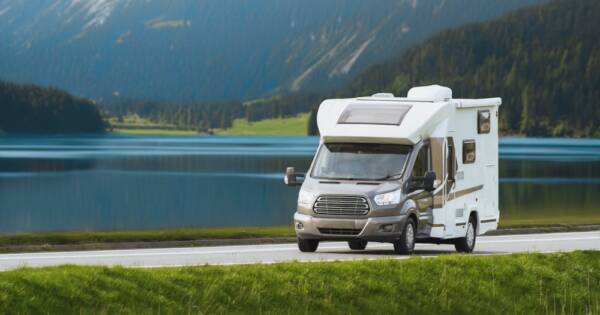Prefabricated homes offer an appealing combination of affordability, customization, and energy efficiency for modern living. With companies like Next Modular, Dvele, and GO Logic providing diverse, adaptable designs, prefab homes promise sustainability and reduced energy consumption. Rapid assembly techniques further reduce costs and delays, making prefab homes a practical choice for eco-conscious homeowners eager for personalized spaces.
Understanding Affordable and Customizable Energy-Efficient Prefab Homes
Prefab homes have emerged as a popular housing solution for many due to their cost-effectiveness, customization potential, and energy efficiency. Companies like Next Modular offer a variety of floor plans, from cozy retreats to expansive family homes, emphasizing customization and energy efficiency to align with diverse homeowner needs. This appeal extends to ecological benefits, with reduced energy consumption contributing to sustainability efforts.
Key Features of Energy-Efficient Prefab Homes
Pioneers in the industry, such as Dvele, manufacture homes that prioritize climate resilience and health-centric designs. These homes use advanced materials and techniques, ensuring durability and longevity comparable to custom homes. Notably, Dvele’s self-powered homes employ renewable energy systems to maintain energy independence, offering protection against power outages and ensuring a continually operational household.
Customizable Designs to Fit Various Lifestyles
For those seeking personalized living spaces, GO Logic provides pre-designed options ranging from small cottages to substantial family homes, each tailored for easy maintenance and affordability. These designs imbue a modern, rural aesthetic inspired by New England architecture while offering energy efficiency and lower operational costs.
Meanwhile, Zip Kit Homes emphasizes flexibility in the construction process, allowing buyers to modify floor plans and designs for a truly customized living space.
Efficient Construction Processes for Rapid Assembly
The efficiency of prefab homes extends to their construction, with Zip Kit Homes’ prebuilt panelized systems ensuring quick assembly and professional delivery. This approach minimizes common construction challenges like weather delays and unexpected cost increases.
Similarly, Ecokit focuses on rapid assembly through prefabricated components, allowing significant reductions in construction time and associated costs.
Economic and Environmental Benefits
Prefab homes contribute to local economic growth by creating jobs and supporting community development. Zip Kit Homes, for instance, has positively impacted regions like Pocatello/Chubbuck by providing employment opportunities.
Additionally, these homes utilize sustainable practices and materials, such as super insulation and airtight envelopes, to drastically cut energy usage and minimize environmental impact.
Learn More About Prefab Homes
Prefab homes present an alluring option for those seeking affordable, energy-efficient living without compromising comfort and personalization. They offer valuable solutions to housing availability and affordability challenges while ensuring the durability and lasting performance of living spaces.
With streamlined processes that lead to rapid assembly and lower costs, as well as significant customization possibilities, prefab homes cater to a wide array of personal preferences and needs. Exploring the diverse opportunities offered by leading prefab home providers can lead to the creation of a home perfectly tailored to individual desires, ensuring both comfort and value.
Sources
Next Modular overview of modular homes and their benefits
Dvele’s insights into energy-efficient designs and features
GO Logic’s design philosophy and home offerings
Zip Kit Homes capabilities in customization and construction





